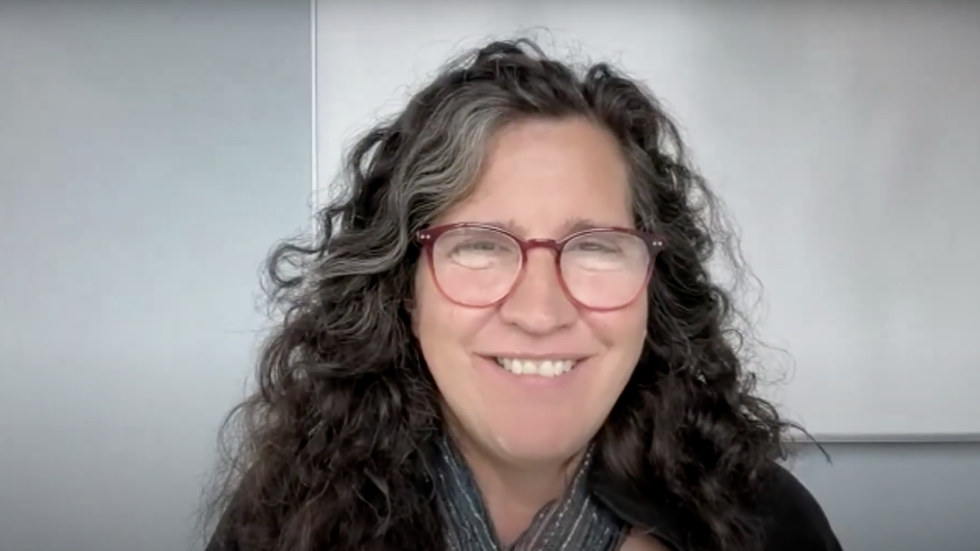In modern culture, many people and organizations value decisiveness and the ability to move quickly. The following quotes illustrate this prevailing tendency.
“In any moment of decision, the best thing you can do is the right thing, the next best thing is the wrong thing, and the worst thing you can do is nothing.” ― Theodore Roosevelt
“Decisiveness is a characteristic of high-performing men and women. Almost any decision is better than no decision at all.” ― Brian Tracy
On one hand, there are benefits to this approach and times when it is appropriate and even necessary, but on the other hand, there are plenty of times when the right path forward isn’t clear and it’s difficult to determine what the best decision is. One can feel lost and indecisive.
Beyond the cultural emphasis on speedy decisions, there can also be personal discomfort in not knowing what to do. Not knowing can be unmooring and feel groundless. When I know what to do, I can create a plan and take action. Not knowing is more of a being mode. It may be helpful to note that being is very much a part of mindfulness practice.
When you find yourself unsure about a decision, you might consider welcoming the state of not knowing. “Oh hello, Not Knowing. I see you. It’s ok to feel this way. It’s okay to not know.” You could allow yourself to feel any accompanying sensations in your body, emotions and thoughts associated with not knowing. Acknowledging and accepting the state of not knowing is an act of self compassion. And implicit in the willingness to not know, is a trusting in life and an understanding that things always change. For now it’s ok to not know.
In “Letters to a Young Poet”, the German poet Rainer Maria Rilke expresses a unique orientation to not knowing:
